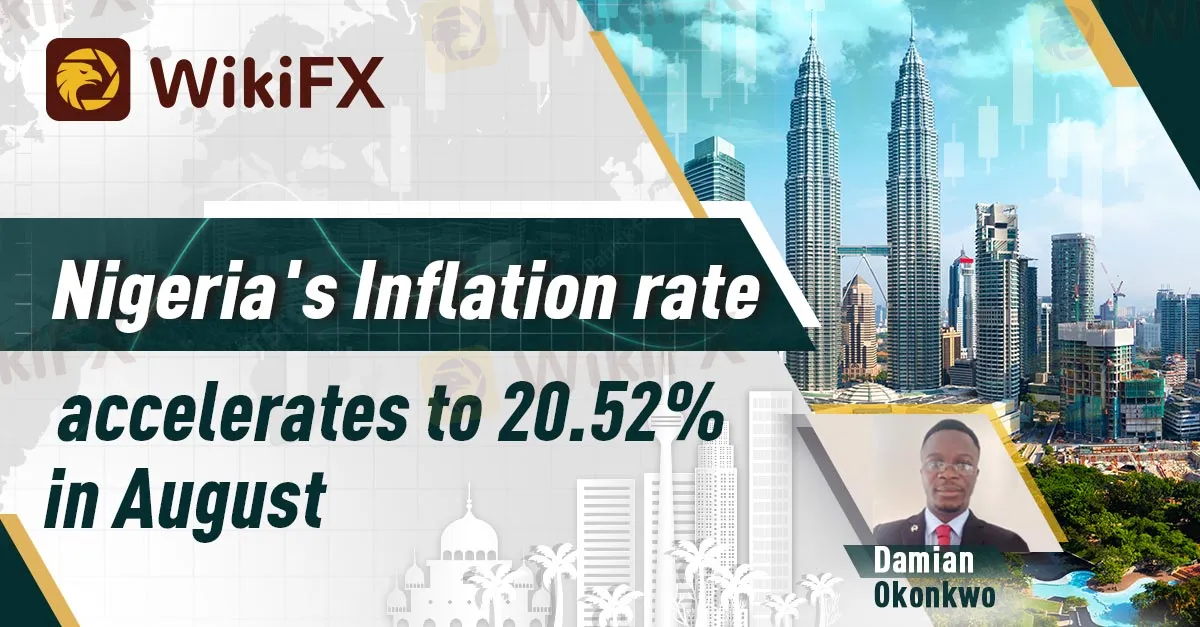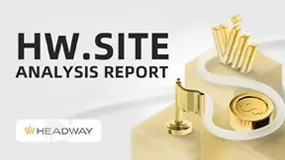Abstract:The Nigerian naira has witnessed a greater loss of value in the concluded month of August with the inflation rate rising to 20.52% YoY against the previous record of 17.01% recorded in August. This marks the highest inflation rate since September 2005. This shows a 3.52% increase compared to the previous annual record. According to the data released this week by the National Bureau of Statistics (NBS), the country's Consumer Price Index (CPI) rose to 20.55% YoY in August 2022. The CPI MoM rose by 1.77% compared to the previous record of 1.82% recorded in July.

By: Damian Okonkwo

The Nigerian naira has witnessed a greater loss of value in the concluded month of August with the inflation rate rising to 20.52% YoY against the previous record of 17.01% recorded in August 2021. This shows a 3.52% increase compared to the previous annual record.
The historical data available shows that the current rate marks the country's highest inflation rate since September 2005.
According to the data released this week by the National Bureau of Statistics (NBS), the country's Consumer Price Index (CPI) rose to 20.55% YoY in August 2022.
The CPI MoM rose by 1.77% compared to the previous record of 1.82% recorded in July.
Going by the data released by the NBS, the urban inflation rate was found to have increased to 20.95% YoY, which marks 3.36% increase when compared to the previous record of 17.59 % seen in August 2021.
Similarly, the rural inflation rate rose to 20.12% YoY, marking a 3.69% increase compared to the 16.43% recorded in August 2021.
The highest inflation rate came from Gas, Liquid fuel, Solid fuel, transportation, lubricants, Cleaning, Repair, and Hire of clothing.
The food inflation rate rose to 23.12% MoM in August, marking a 1.1%-point increase compared to the previous record of 22.02% recorded last month.
The major increase seen in the food prices based on the NBS report, was due to the high increase in the prices of bread, cereals, cooking items, Potatoes, yam, and other tuber crops, meat, fish, oil, and fat.











